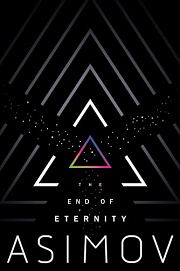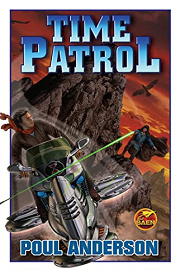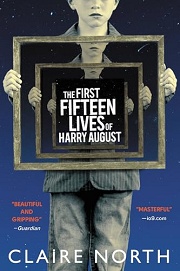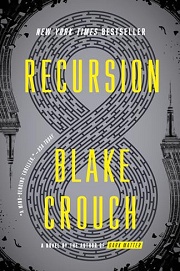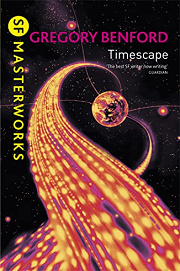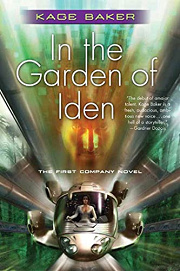Share your thoughts in a quick Shelf Talk!
The End Of Eternity by Isaac Asimov
A clandestine organization safeguards human history by editing time itself—until one of its best operatives questions the price of perfection. Ingenious and gripping, The End Of Eternity blends time-travel paradoxes with a human heart.
Have you read this book? Share what you liked (or didn’t), and we’ll use your answers to recommend your next favorite read!
Love The End Of Eternity but not sure what to read next?
These picks are popular with readers who enjoyed this book. Complete a quick Shelf Talk to get recommendations made just for you! Warning: possible spoilers for The End Of Eternity below.
In The End Of Eternity, did you enjoy ...
... a secretive time-policing organization that edits history across centuries?
The Time Patrol by Poul Anderson
If the Eternals’ Reality Changes and Andrew Harlan’s Technician work hooked you, you’ll love the Patrol’s meticulous interventions. Like Twissell’s schemes to preserve Mallansohn’s legacy, Anderson’s Wardens must correct divergent timelines, juggling paradoxes and duty. The sense of moving outside normal history—slipping from the 27th to the Bronze Age and back—echoes Harlan’s Allwhen journeys, with the same heady mix of control, risk, and awe.
... the thorny ethics of using foreknowledge to steer civilization’s course?
The First Fifteen Lives Of Harry August by Claire North
You watched Noÿs outmaneuver Eternity and force Harlan to confront whether safeguarding the present meant strangling humanity’s future. In The First Fifteen Lives of Harry August, the Cronus Club faces a similar dilemma: how far should those who remember history’s every iteration go in reshaping it? The escalating contest of wills here mirrors Twissell’s quiet manipulations and Harlan’s personal defiance—only this time the battleground is all of human progress.
... reality resets and memory-warping stakes that culminate in a paradigm-shifting twist?
Recursion by Blake Crouch
If the shock of discovering Noÿs’s true mission and the final, world-altering choice to end Eternity thrilled you, Recursion delivers that same vertigo. Its technology rewrites timelines in cascading “reality changes,” much like Harlan’s edits—only this time, the memories fight back. As the conspiracy scales up, the book captures that Asimovian pivot where a private obsession (like Harlan hiding Noÿs in the 482nd) becomes a decision that redefines the future.
... meticulous causal logic and high-concept temporal engineering?
Timescape by Gregory Benford
If Mallansohn’s equations, Computers parsing Minimum Necessary Changes, and the careful reasoning about causal ripples grabbed you, Timescape scratches the same itch. Scientists try to send messages back through time to avert catastrophe, working through paradoxes with the kind of intellectual rigor that drove Harlan’s step-by-step gambits. It’s that cool, idea-dense satisfaction you felt when the logic finally locked into place at the end.
... covert missions in the past where personal attachments collide with mission directives?
In The Garden Of Iden by Kage Baker
Harlan’s secretive assignment to hide Noÿs—and the way affection tangles with duty—finds a poignant parallel here. Baker’s time-traveling operative Mendoza embeds in 16th‑century England, serving a shadowy organization with strict rules, much like Eternity’s Allwhen Council. As loyalties blur and the mission demands painful choices, you’ll feel the same intimate tension that ran through Harlan’s defiance and Twissell’s pressure.
Unlock your personalized book recommendations! Just take a quick Shelf Talk for The End Of Eternity by Isaac Asimov. It’s only a few questions and takes less than a minute.
